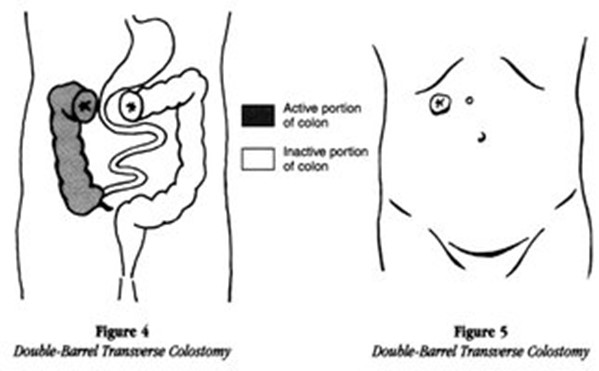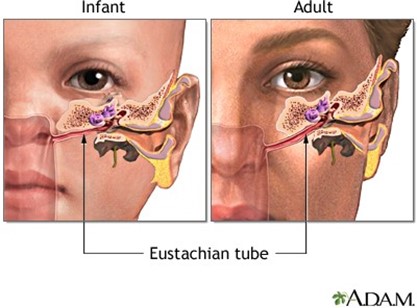A client with diabetes insipidus is extremely dehydrated and is unable to take oral fluids. Fluid therapy is prescribed. Which intervention would be most important for the client?
Monitoring the rate of IV infusions.
Weighing the client daily.
Measuring the urine output every 30 minutes.
Measuring the fluid intake.
The Correct Answer is A
Monitoring the rate of IV infusions. In clients with diabetes insipidus, fluid therapy is essential to restore hydration levels. It is important to monitor the rate of IV infusion to avoid rapid administration of fluids, which can lead to fluid overload and pulmonary edema. Therefore, monitoring the rate of IV infusions is the most important intervention for this client.
Choice B, weighing the client daily, is incorrect because it is not the most important intervention for this client. While daily weighing is important for monitoring fluid balance, monitoring the rate of IV infusion is more critical.
Choice C, measuring the urine output every 30 minutes, is incorrect because although it is important to monitor urine output in clients with diabetes insipidus, it is not the most important intervention. Monitoring the rate of IV infusion is more critical to prevent fluid overload.
Choice D, measuring the fluid intake, is incorrect because although it is important to monitor fluid intake in clients with diabetes insipidus, it is not the most important intervention. Monitoring the rate of IV infusion is more critical to prevent fluid overload.
Nursing Test Bank
Naxlex Comprehensive Predictor Exams
Related Questions
Correct Answer is D
Explanation
sigmoid. A double-barrel colostomy involves surgically creating two separate stomas from the colon, with the proximal stoma discharging stool and the distal stoma discharging mucus. This type of colostomy is typically performed in the sigmoid colon, which is the S-shaped segment of the large intestine located just before the rectum.

Choice A, ascending, is not the correct answer because an ascending colostomy is created in the ascending colon, which is located on the right side of the abdomen.
Choice B, descending, is not the correct answer because a descending colostomy is created in the descending colon, which is located on the left side of the abdomen.
Choice C, transverse, is not the correct answer because a transverse colostomy is created in the transverse colon, which is located across the upper abdomen.
Correct Answer is A
Explanation
Eustachian tube. The Eustachian tube is a narrow tube that connects the middle ear to the back of the nose and equalizes air pressure in the middle ear.

B. The malleus is a bone in the middle ear that transmits sound vibrations.
C. The pinna is the visible part of the ear that collects and directs sound waves.
D. The meatus is a passage or opening leading to the ear or nose.
Whether you are a student looking to ace your exams or a practicing nurse seeking to enhance your expertise , our nursing education contents will empower you with the confidence and competence to make a difference in the lives of patients and become a respected leader in the healthcare field.
Visit Naxlex, invest in your future and unlock endless possibilities with our unparalleled nursing education contents today
Report Wrong Answer on the Current Question
Do you disagree with the answer? If yes, what is your expected answer? Explain.
Kindly be descriptive with the issue you are facing.
